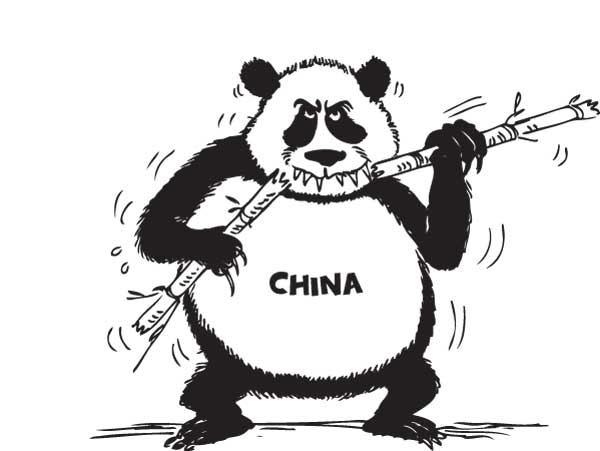Reply To:
Name - Reply Comment
Last Updated : 2024-04-20 03:33:00
.jpg)
.jpg)
(1).jpg) Are we on the threshold of a world war? The current war-like activities in the East China Sea involving three big powers – the United States, China and Japan – are probably dragging the world in that direction. But there is a silver lining to the dark war clouds -- the decision makers of these countries are not insane, at least for now, to set off the world’s first nuclear war.
Are we on the threshold of a world war? The current war-like activities in the East China Sea involving three big powers – the United States, China and Japan – are probably dragging the world in that direction. But there is a silver lining to the dark war clouds -- the decision makers of these countries are not insane, at least for now, to set off the world’s first nuclear war..jpg)

Suren Sarathkumara Tuesday, 03 December 2013 06:12 AM
It would be impossible to think about a war by the countries who are the main stakeholders of this conflict given their heavy dependencies on each other in economic areas. There is no way USA could destroy Chinese industries without running the risk of losing Chinese goods in American shelves which serves a great portion of American needs right at the moment. China, on the other hand, cannot simply disrupt the markets it export it's good in abundance to.
The worries lie in miscalculations. The geographical advantage of American military tentacles could be over estimated by Americans while under estimating the Chinese clout too. Not that it would take a legitimate mandate for a war to break out - all it would take will be a fool's fantasy enjoyed at a very wrong time.

Add comment
Comments will be edited (grammar, spelling and slang) and authorized at the discretion of Daily Mirror online. The website also has the right not to publish selected comments.
Reply To:
Name - Reply Comment
On March 26, a couple arriving from Thailand was arrested with 88 live animal
According to villagers from Naula-Moragolla out of 105 families 80 can afford
Is the situation in Sri Lanka so grim that locals harbour hope that they coul
A recent post on social media revealed that three purple-faced langurs near t